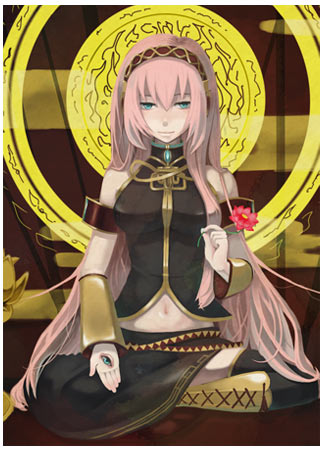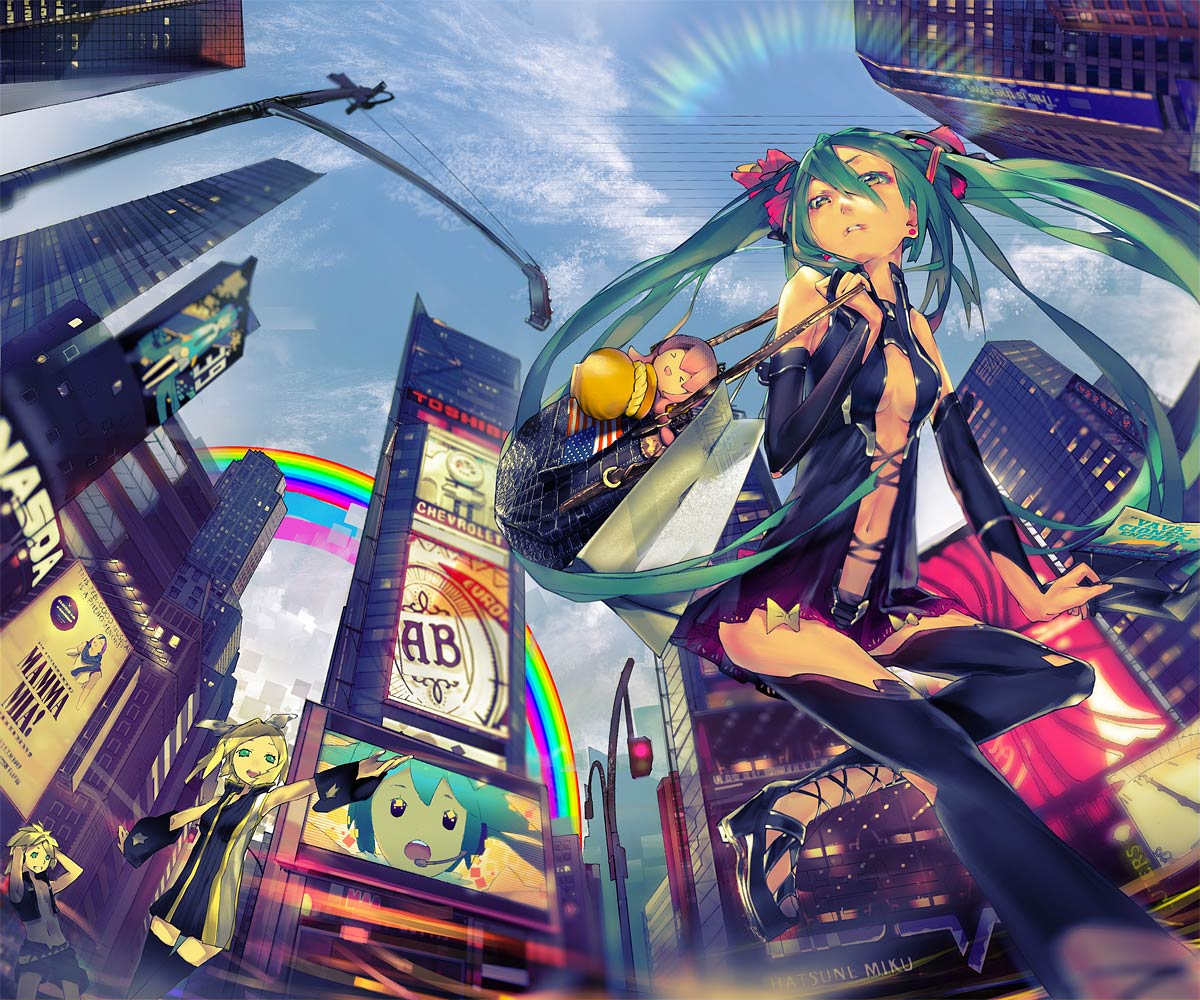Although many Japanese will deny having a religion, when all is said and done Japan is a very Buddhist nation. While Buddhism generally features themes like seeking satori (enlightenment) or the cycle of death and rebirth in a new form (rinne), in Japan it’s more about remembering one’s ancestors with a complex social framework that guarantees no family member will ever be forgotten by their loved ones after they’re gone. Buddhism brings with it certain characteristics that sometimes seem strange. For example, there’s a well-defined line drawn between humans and animals, the latter being chikusho, pronounced “cheek show” and meaning beast (it’s also a common curse word essentially meaning “damn it!”). Because humans and animals are so fundamentally different, the idea of, say, a person being buried with a beloved pet is culturally unthinkable here. One common idea in Japanese Buddhism is migawari, essentially that when a family pet passes away, he’s protecting his owners from harm by taking their misfortune onto himself. My wife might say something like, “I’m thankful to Chibi for being our dog, and keeping the humans in the family safe by dying in our place.” Statements like this remind me I’m living in a country that’s very far from the U.S., in more ways the one.

Buddhism colors Japan in interesting ways.














